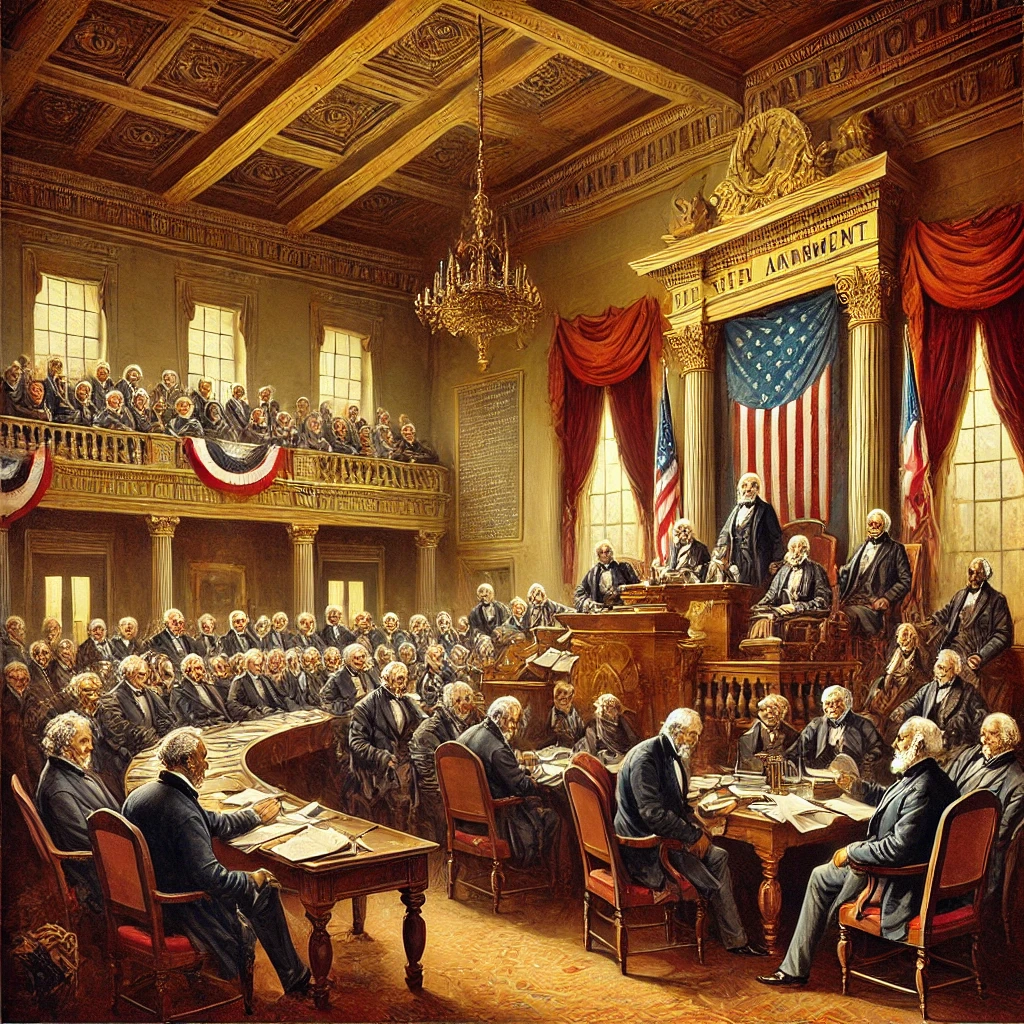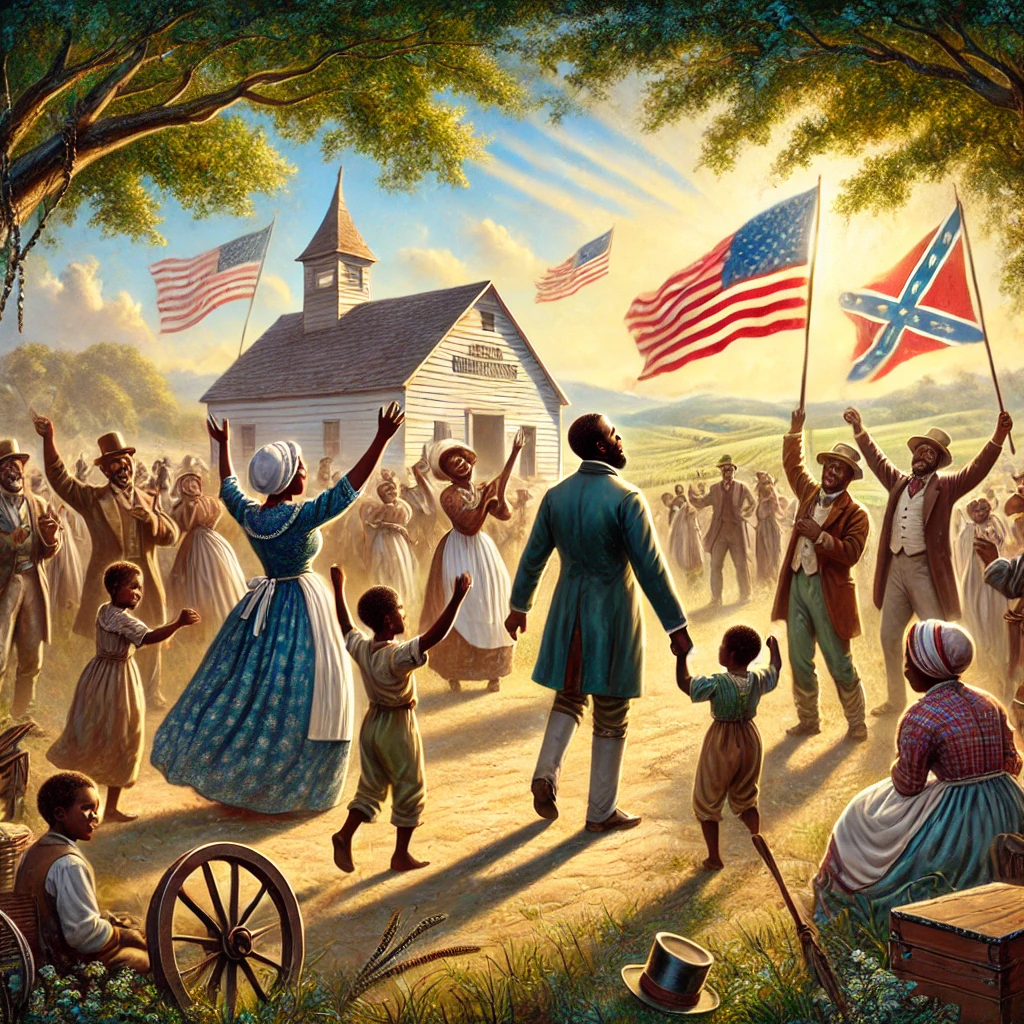On December 6, 1865, the United States reached a pivotal moment in its history. The ratification of the Thirteenth Amendment to the Constitution formally abolished slavery, forever changing the course of the nation. This monumental achievement marked the culmination of decades of struggle by abolitionists and the end of a brutal institution that had defined much of America’s social and economic landscape.

Slavery had been a cornerstone of the Southern economy, with millions of African Americans enduring unimaginable suffering as they were forced to labor without freedom or rights. The abolition of slavery was not merely a legislative change; it represented the moral reckoning of a nation that had long struggled to reconcile the ideals of liberty with the realities of systemic oppression.
The Road to Ratification
The journey to the Thirteenth Amendment was arduous and marked by deep political and social divisions. The Civil War (1861–1865) played a critical role in bringing the issue of slavery to the forefront. As the Union fought to preserve the nation, the question of slavery’s place in America became impossible to ignore.
President Abraham Lincoln’s issuance of the Emancipation Proclamation in 1863 was a significant step, declaring freedom for slaves in Confederate states. However, this executive order was limited in scope and needed the permanence of a constitutional amendment. After intense debates and political maneuvering, the amendment was passed by Congress on January 31, 1865, and sent to the states for ratification. Its adoption by Georgia, the 27th state to ratify, met the constitutional requirement, officially enshrining it into law.

The Lasting Legacy of the Thirteenth Amendment
The abolition of slavery was a transformative moment for the United States, but it was only the beginning of a longer struggle for racial equality. While the Thirteenth Amendment ended legal slavery, it did not eliminate systemic racism or ensure equal rights for African Americans. The Reconstruction era that followed saw the passage of the Fourteenth and Fifteenth Amendments, which aimed to secure citizenship and voting rights for former slaves. However, progress was met with fierce resistance, leading to the rise of Jim Crow laws and widespread discrimination.
Today, the abolition of slavery remains a cornerstone of America’s journey toward justice and equality. It serves as a powerful reminder of the nation’s capacity for change and the enduring importance of standing against oppression. Yet, the legacy of slavery continues to influence contemporary discussions about racial inequality, criminal justice reform, and economic disparity.
A Day to Remember and Reflect

December 6th stands as a day of triumph and reflection—a reminder of the resilience of those who fought for freedom and the enduring need to uphold the principles of liberty and justice. The abolition of slavery is a testament to the power of collective action and the ability of a nation to confront its darkest chapters. As we commemorate this historic milestone, we are called not only to honor the past but also to build a future where freedom and equality are truly universal.
